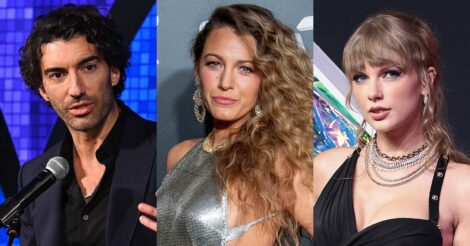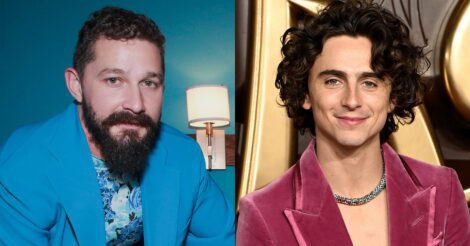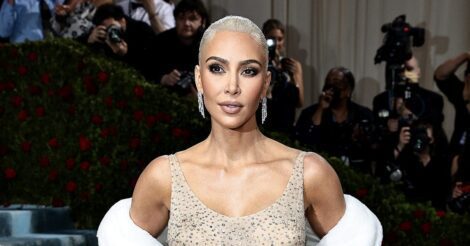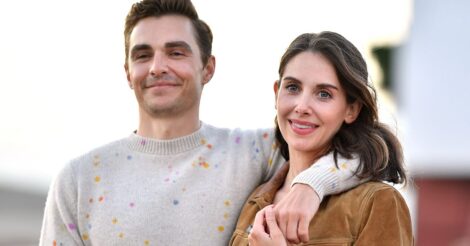
With the holiday season just around the corner, health experts have expressed concerns about people getting together to celebrate the holidays – the gatherings could become superspreader events, where attendees could possibly be exposed to the virus and result to a large number of infections.
“Between Thanksgiving and New Year’s, I see potentially six weeks of superspreader events,” Dr. Carlos del Rio, executive associate dean of the Emory University School of Medicine in Atlanta, told Dr. John Torres during an interview on Doc To Doc.
With the rising number of coronavirus cases in the U.S., it’s a legitimate concern for many who are hoping to spend the holidays with their loved ones.
Dr. Jay Butler, deputy director for infectious diseases at the Centers for Disease Control and Prevention, has talked about the “distressing trend” in which the number of coronavirus cases is “increasing in nearly 75 percent of the country.”
New infections in a single-day reached a record high of over 98,500 cases on October 30, per NBC News; the total number of coronavirus cases in the U.S. is now well over 9 million, with a death toll of more than 230,000, per John Hopkins University’s coronavirus resource center.
So, the question is: is it safe to celebrate with loved ones this holiday season?
The possibility may lie in how medical frontliners who are around COVID-19 patients remain healthy and how the NBA “Bubble” successfully kept the players COVID-free for the duration of the season.
Inspired in part by these two practices, Dr. James McDeavitt, senior vice president and dean of clinical affairs at the Baylor College of Medicine in Houston, has come up with a “holiday bubble checklist,” which involves practicing mitigation efforts to reduce the risk of spread of COVID-19 efforts.
This list includes assigning a “bubble commissioner” who will be in charge of getting the family on board and make sure everyone follows the guidelines in place, as well as everyone attending the gathering should get flu shots to decrease the likelihood of flu-like or flu-related illnesses prior to the event.
He also advises a 14-day quarantine period prior to the event, and getting tested a few days before the event, among other steps. See the checklist here: https://www.bcm.edu/pdf/covid-19/Baylor-Holiday-Bubble-Checklist.pdf
He also stresses that everyone involved should adhere to guidelines seriously.
“The NBA did not say, ‘OK, guys, be real careful.’ They had a very deliberative process that was monitored carefully. Everybody was fully committed to it,” Dr. McDeavitt said.
“This cannot be done halfway,” he added. “There is harm in that,” he said. “It gives a false sense of security.”
Additionally, Dr. Leana Wen, an emergency physician and former health commissioner for Baltimore, also advises to hold the gatherings outdoors.
“We know that up to 50 percent of people who are spreading coronavirus may not have symptoms,” Dr. Wen said. “There is this magical thinking that occurs with our loved ones, but we need to be aware that our family and friends are just as likely to have coronavirus as strangers.”
However, It’s important to note that these are only a list of ways to MINIMIZE the risk of spreading COVID-19 and is NOT a foolproof method. Please also take into account guests who are at greater risk of complications from Covid-19.









